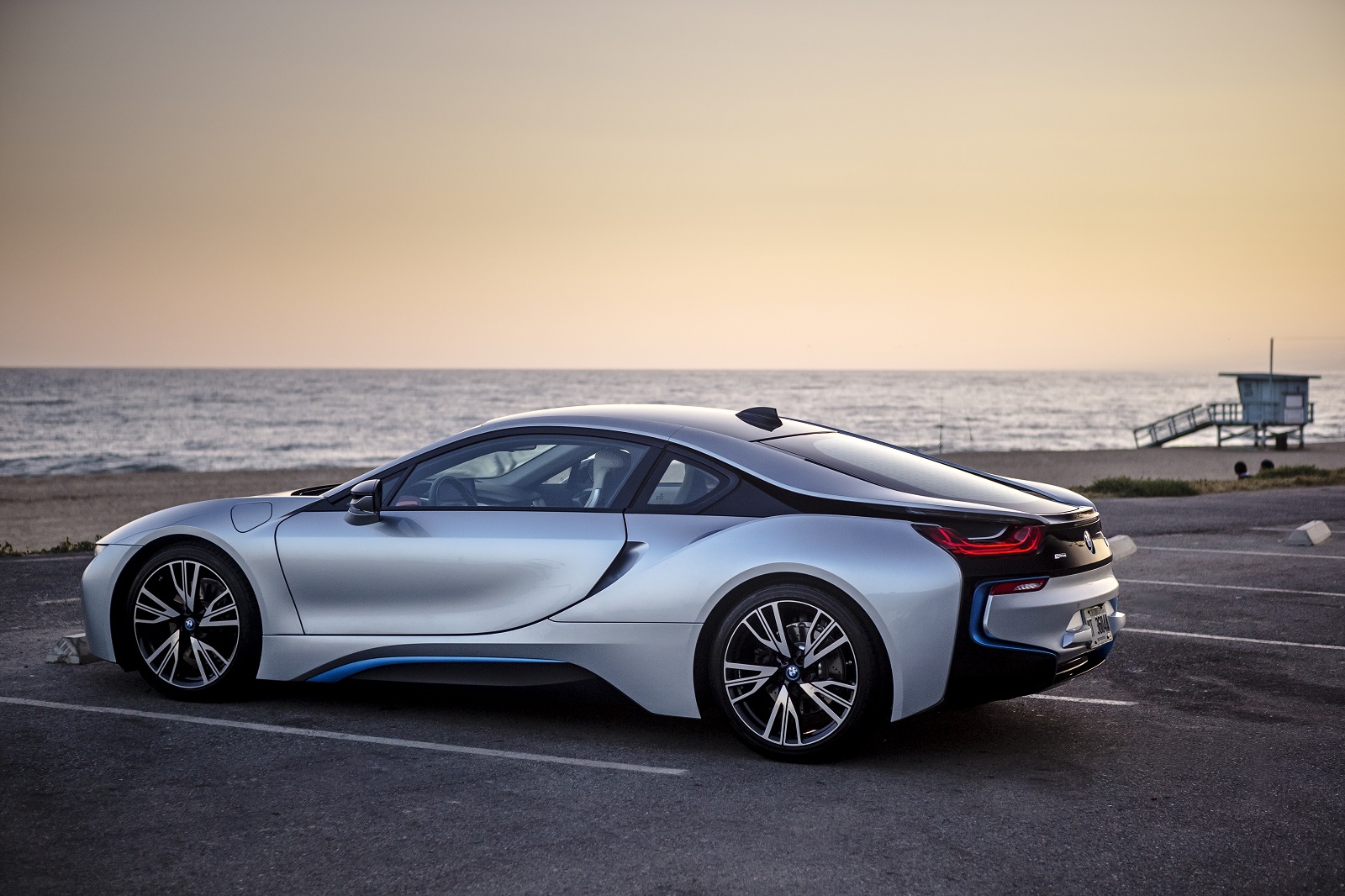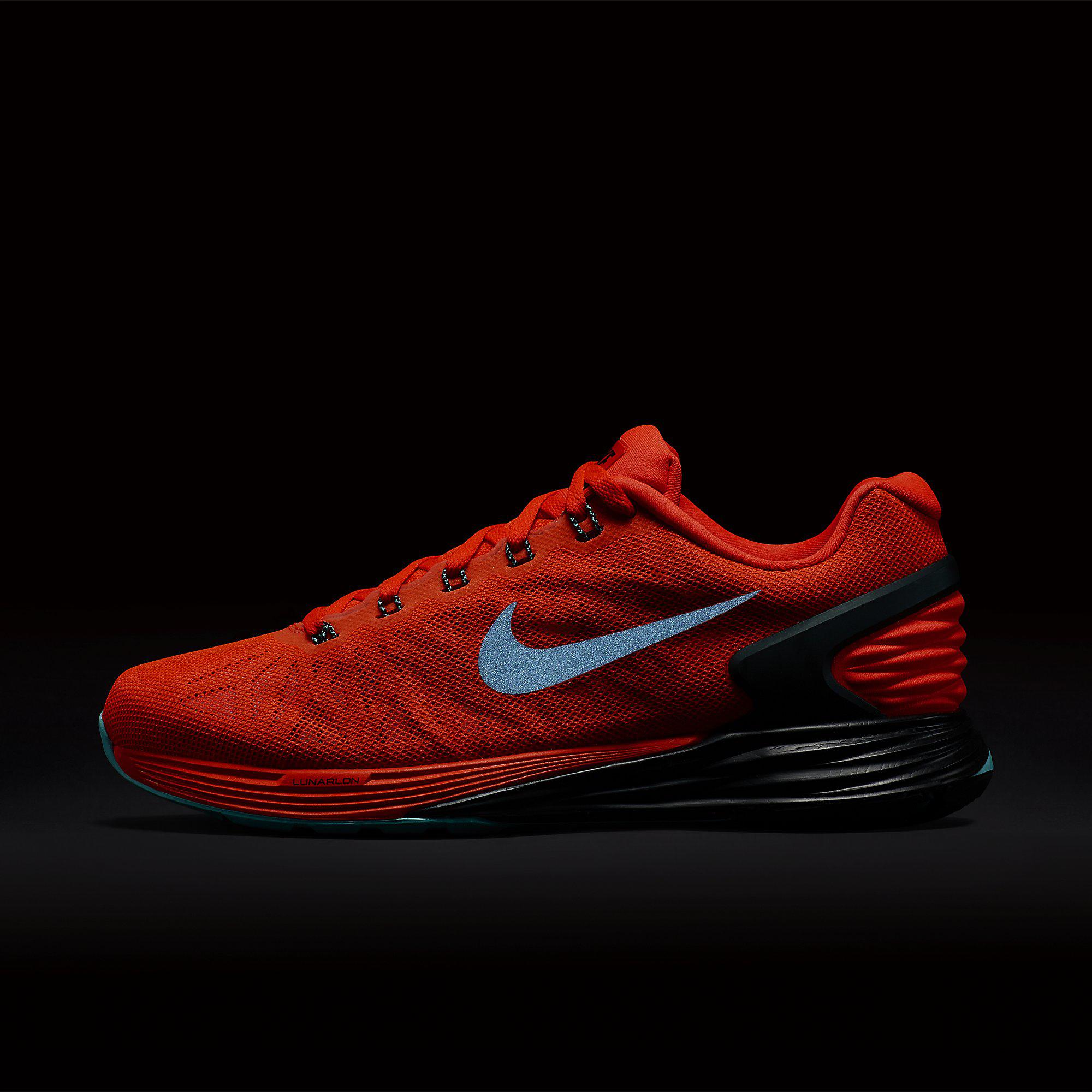Luxury Car Sales In China: The Struggles Of BMW, Porsche, And Others

Table of Contents
Intensifying Domestic Competition
The rise of powerful domestic luxury car brands is undeniably reshaping the competitive landscape. Chinese manufacturers such as BYD, Nio, and Xpeng are making significant inroads, directly impacting the market share of established players like BMW and Porsche. These domestic brands offer compelling advantages: competitive pricing, advanced technology (particularly in the booming electric vehicle sector), and features specifically designed to resonate with Chinese consumer preferences. The success of these brands highlights the increasing sophistication and competitiveness of the Chinese auto industry.
- BYD's success in the NEV (New Energy Vehicle) sector: BYD's dominance in electric vehicles is directly impacting sales of traditional luxury gasoline models. Their innovative technology and competitive pricing are proving irresistible to many consumers.
- Nio and Xpeng's appeal to younger buyers: Nio and Xpeng are effectively targeting younger, tech-savvy consumers with their strong brand appeal, sophisticated technology, and focus on user experience. This segment is crucial for future growth in the luxury car market.
- Cost advantages through domestic supply chains: Chinese brands often benefit from strong domestic supply chains, leading to significant cost advantages over international competitors who may rely on global sourcing and face higher import costs.
Shifting Consumer Preferences
Chinese consumer preferences are evolving at a remarkable pace. Younger buyers, a crucial demographic in the luxury car market, are prioritizing technology, innovation, and compelling brand storytelling over established brand recognition alone. This shift is evident in the soaring demand for electric vehicles (EVs), smart features, and personalized experiences. Luxury is no longer solely defined by traditional status symbols; it now encompasses cutting-edge technology and personalized customization.
- The surge in demand for electric and hybrid luxury vehicles: The Chinese market is experiencing a rapid acceleration in demand for electric and hybrid luxury vehicles, forcing international brands to adapt their product offerings and invest heavily in electric vehicle technologies.
- Increased focus on personalized customization: Chinese consumers increasingly seek personalized customization options, demanding vehicles that reflect their individual style and preferences. This requires luxury brands to offer greater flexibility and customization choices.
- The importance of digital marketing and engagement: Reaching younger, digitally native consumers requires a robust digital marketing strategy. Luxury brands need to engage with these buyers through innovative digital channels and compelling online experiences.
Economic Headwinds and Geopolitical Factors
Economic slowdowns and geopolitical uncertainties are creating significant headwinds for the luxury car market in China. Economic uncertainty directly impacts consumer spending on high-ticket items like luxury vehicles. Furthermore, supply chain disruptions, fluctuating currency exchange rates, and import tariffs add further layers of complexity and challenge for international brands.
- Economic uncertainty impacting high-ticket purchases: Economic slowdowns and uncertainty inevitably affect consumer confidence and willingness to make large purchases like luxury cars.
- Supply chain disruptions and increased costs: Global supply chain disruptions can lead to production delays, increased costs, and decreased availability of luxury vehicles, impacting sales and profitability.
- Geopolitical tensions and their effect on consumer confidence: Geopolitical tensions and uncertainty can negatively influence consumer confidence, leading to decreased spending on discretionary items, including luxury automobiles.
Adapting to the Changing Landscape
To thrive in this challenging but lucrative market, international luxury car brands must adopt proactive and adaptable strategies. This involves significant investment in localization efforts, a strong focus on electric vehicle development, enhanced digital marketing, and the cultivation of stronger relationships with Chinese consumers. Innovation and a thorough understanding of the local market are no longer optional; they are critical for survival.
- Investing in R&D for electric and hybrid vehicles: Increased investment in research and development for electric and hybrid vehicles is paramount for remaining competitive.
- Tailoring marketing campaigns to Chinese cultural nuances: Luxury brands must craft marketing campaigns that resonate with the unique cultural values and preferences of the Chinese consumer.
- Creating localized after-sales services and customer support: Providing excellent after-sales services and customer support tailored to the local market is crucial for building trust and loyalty.
Conclusion
The Chinese luxury car market is a complex and dynamic environment. International brands like BMW and Porsche face intense domestic competition, evolving consumer preferences, and considerable economic and geopolitical challenges. However, the market also presents significant opportunities for those willing to adapt. To succeed in this lucrative market, luxury car manufacturers must embrace innovation, implement effective localization strategies, and cultivate a deep understanding of the ever-evolving desires of the Chinese consumer. Understanding the nuances of luxury car sales in China is crucial for navigating this complex and rewarding market, and ultimately, for long-term success.

Featured Posts
-
 Are Thames Waters Executive Bonuses Justified
May 26, 2025
Are Thames Waters Executive Bonuses Justified
May 26, 2025 -
 Klasemen Moto Gp Terbaru Hasil Sprint Race Moto Gp Argentina 2025 And Kemenangan Marc Marquez
May 26, 2025
Klasemen Moto Gp Terbaru Hasil Sprint Race Moto Gp Argentina 2025 And Kemenangan Marc Marquez
May 26, 2025 -
 Best Nike Running Shoes 2025 A Guide To Finding Your Perfect Pair
May 26, 2025
Best Nike Running Shoes 2025 A Guide To Finding Your Perfect Pair
May 26, 2025 -
 Gaza Hostages Former Israeli Women Soldiers Urgent Appeal
May 26, 2025
Gaza Hostages Former Israeli Women Soldiers Urgent Appeal
May 26, 2025 -
 Cyclist Mathieu Van Der Poel Targeted In Paris Roubaix Crowd Attack
May 26, 2025
Cyclist Mathieu Van Der Poel Targeted In Paris Roubaix Crowd Attack
May 26, 2025
Latest Posts
-
 Nba Playoffs Tyrese Haliburton Player Props And Game 2 Betting Guide Pacers Vs Knicks
May 28, 2025
Nba Playoffs Tyrese Haliburton Player Props And Game 2 Betting Guide Pacers Vs Knicks
May 28, 2025 -
 Tyrese Haliburton Performance Predictions Pacers Vs Knicks Game 2 Betting Analysis
May 28, 2025
Tyrese Haliburton Performance Predictions Pacers Vs Knicks Game 2 Betting Analysis
May 28, 2025 -
 Pacers Vs Hawks On March 8th How To Watch And Game Time
May 28, 2025
Pacers Vs Hawks On March 8th How To Watch And Game Time
May 28, 2025 -
 Pacers Vs Knicks Game 2 Tyrese Haliburton Prop Bets And Predictions
May 28, 2025
Pacers Vs Knicks Game 2 Tyrese Haliburton Prop Bets And Predictions
May 28, 2025 -
 Game 1 Aftermath Tyrese Haliburtons Girlfriends Savage Reaction
May 28, 2025
Game 1 Aftermath Tyrese Haliburtons Girlfriends Savage Reaction
May 28, 2025
